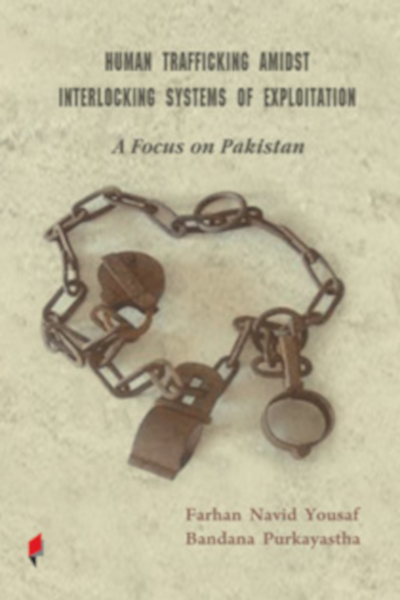Bandana Purkayastha, Author
Trafficking constitutes a fundamental moral challenge to all those who believe in the principles of humanity and human rights. Even when many policies have been passed at global level, billions of dollars have been spent, and many efforts to combat trafficking are underway, this phenomenon, degrading human beings to the level of commodities, is yet to be eradicated. Drawing upon gender and human rights perspectives, the authors examine the issue of trafficking at both micro and macro levels to analyse how political economy of trafficking influences micro level experiences of victims of trafficking.
Based on archival and ethnographic data, this book expands the notion of trafficking from sex trafficking to trafficking as a profit making enterprise with human beings as the commodity. Critically examining the experiences of trafficked persons, the authors argue that trafficking occurs within the context of interlocking systems of exploitation. A multidimensional continuum of violence, ranging from wars, intrastate conflict, to home-based gendered violence, exacerbates people’s vulnerability to exploitation, often repeatedly, by traffickers. Thus, trafficking might occur repeatedly within a person’s life span, though not for the same purpose, and not in the same way. Using data on trafficked persons primarily from Pakistan, which is a source, transit and receiving country for trafficked victims, and other regional and international comparative data, the authors establish that contemporary definitions and debates about trafficking do not always capture the realities of trafficking on the ground.
